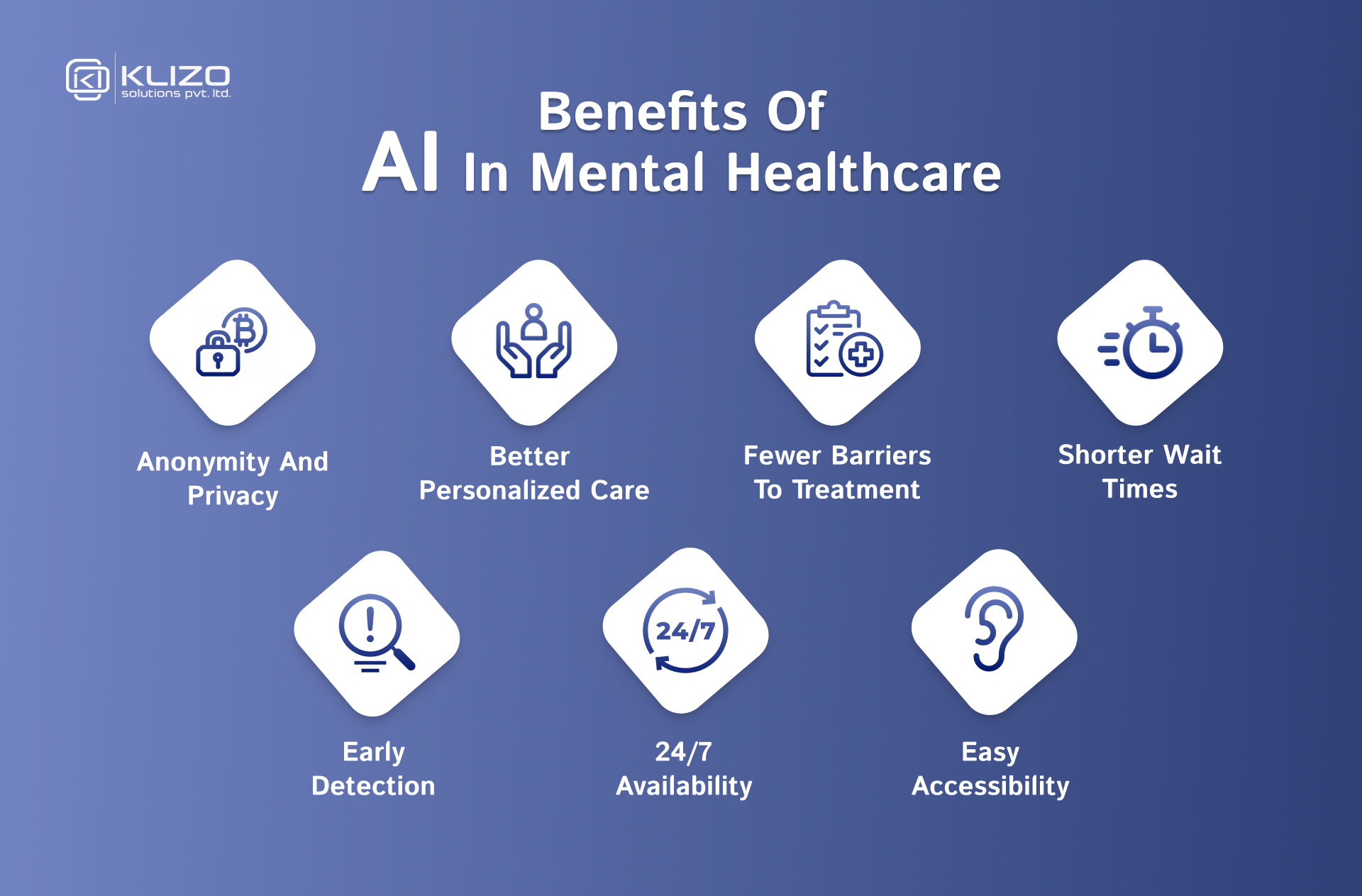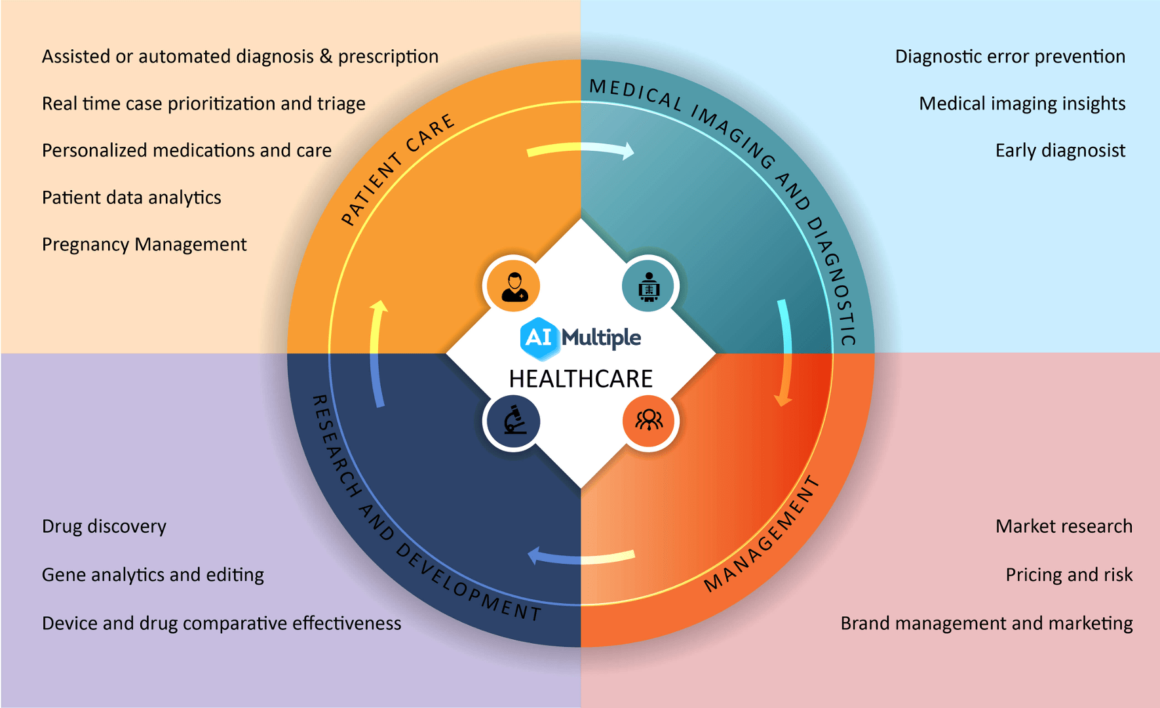AI as a Complement, Not a Replacement, for Human Therapists
AI in therapy is not designed to replace human counseling or in-person treatment offered by certified therapists but to effectively supplement traditional therapy[4]. AI has numerous benefits that can supplement the work of human therapists and other professionals[4]. The quality of the therapeutic relationship and recovery outcomes for patients are significantly affected by humanistic care[9]. AI is envisioned not as a replacement for human therapists but as a powerful tool that extends the reach of mental health services[2]. By augmenting traditional mental health care, AI can offer scalable and cost-effective solutions that reduce barriers such as cost, stigma, and logistical challenges[2]. The integration of AI in Psychotherapy promises transformative advancements in mental health care, each highlighted by recent research; however, it emphasizes the need for stringent ethical standards[2]. Ethical and practical considerations underscore the importance of using AI responsibly in mental health care[6]. While AI offers exciting possibilities, it must be implemented with caution, guided by comprehensive ethical standards and regulatory oversight to protect users and uphold the integrity of mental health care[6].
The Strengths of AI in Mental Health Support
AI offers strengths in mental health care, including accessible, data-driven support[6]. One of AI's advantages is its 24/7 availability[6]. AI-driven therapy leverages advanced algorithms and data analysis to provide mental health support[1]. Platforms utilize mood tracking, journaling, and AI-powered chatbots to offer guidance and support[1]. Some of the boons of AI include data-driven insights, non-judgmental support, convenience, affordability, and immediate support[1]. AI algorithms can analyze large amounts of data, including patient history, symptoms, and other relevant information, to identify patterns that may not be evident to a human clinician[7].
AI-driven interventions can reduce healthcare costs, making mental health care more affordable and accessible[2]. Studies have shown that individuals are sometimes more willing to disclose sensitive information to AI systems due to the perceived non-judgmental nature of machines[2]. This phenomenon can lead to more honest exchanges during therapy sessions, allowing for more accurate assessments and potentially more effective treatment[2]. Also, AI systems offer a level of consistency in mental health care delivery that human practitioners can find challenging to achieve due to natural variations in mood, fatigue, and personal bias[2]. These systems can be programmed to ignore irrelevant factors such as race, gender, or socio-economic status, promoting a more equitable healthcare environment[2].
Limitations Preventing AI from Replacing Human Therapists
AI has significant limitations that prevent it from fully replacing human therapists[6]. One major limitation is AI's lack of genuine empathy, cultural sensitivity, and deep understanding[6]. AI systems lack genuine empathy and the ability to form deep emotional connections with patients[2]. Human therapists use their own emotional understanding to build trust and rapport, which is fundamental in therapy[2]. AI cannot authentically replicate this emotional resonance, as it does not experience emotions[2]. The design and implementation of AI in healthcare must prioritize ethical considerations, including strategies to mitigate bias, ensure transparency, and maintain patient trust[2]. Algorithmic bias is a critical concern in the application of AI to mental health care[2].
AI systems still face significant challenges with long-term memory retention and integration[2]. Algorithmic bias is a critical concern in the application of AI to mental health care[2]. Studies have indicated that the initial benefits of AI-driven interventions often diminish over time, with no significant long-term improvements observed[2]. Moreover, AI may not fully grasp cultural nuances, potentially leading to misunderstandings[2].
Ethical Considerations and the Future of AI in Mental Health
Integrating AI into mental health care brings about ethical and practical considerations. As AI tools play a more active role, issues around informed consent, data use, and boundary-setting become crucial[6]. Users may not fully understand the extent to which their personal information is collected, analyzed, or shared by AI systems[6]. There is a pressing need for regulation, transparency, and standardized guidelines to govern the use of AI in mental health care[6]. The development and deployment of AI technologies in mental health must adhere to ethical principles that respect the dignity and autonomy of patients[7].
As AI becomes integrated into mental health care, it is essential to recognize and address its limitations[2]. Challenges related to memory retention, algorithmic bias, and ethical considerations underscore the need for a balanced approach[2]. The integration of AI into mental health services offers promising avenues for enhancing care delivery and improving treatment efficacy and efficiency[2]. By augmenting traditional mental health care, AI can offer scalable and cost-effective solutions that reduce barriers such as cost, stigma, and logistical challenges[2]. Ethical concerns include potential harm to the public, perpetuating bias, data protection and privacy concerns, and questions around transparency, accountability, and liability[5]. Integration of AI into mental healthcare and mental health therapy represents a promising frontier in healthcare[3]. While AI holds the potential to revolutionize mental healthcare, responsible and ethical implementation is essential[3].
Blending AI and Human Expertise for Enhanced Care
AI may play an important role in supporting psychotherapy, particularly in addressing the global mental health service gap where access to trained professionals is limited[2]. AI is envisioned not as a replacement for human therapists but as a powerful tool that extends the reach of mental health services[2]. Ultimately, AI has an important role in the future of mental health, but it’s a complementary one[6]. By working alongside therapists, AI can serve as a valuable tool to enhance mental health support[6]. AI brings an element of anonymity and safety, and it can act like a stepping stone for patients who are perhaps uneasy about getting traditional therapy[8].
In this emerging paradigm, AI is envisioned not as a replacement for human therapists but as a powerful tool that extends the reach of mental health services[2]. In this way, AI has immense potential as a supportive tool in mental health, offering accessible resources and data-driven insights to complement traditional therapy[6]. Authentic empathy, relational dynamics, and the deep personal connection between client and therapist are at the heart of effective therapy, which AI cannot replicate[6].
Get more accurate answers with Super Pandi, upload files, personalized discovery feed, save searches and contribute to the PandiPedia.
Let's look at alternatives:
- Modify the query.
- Start a new thread.
- Remove sources (if manually added).







